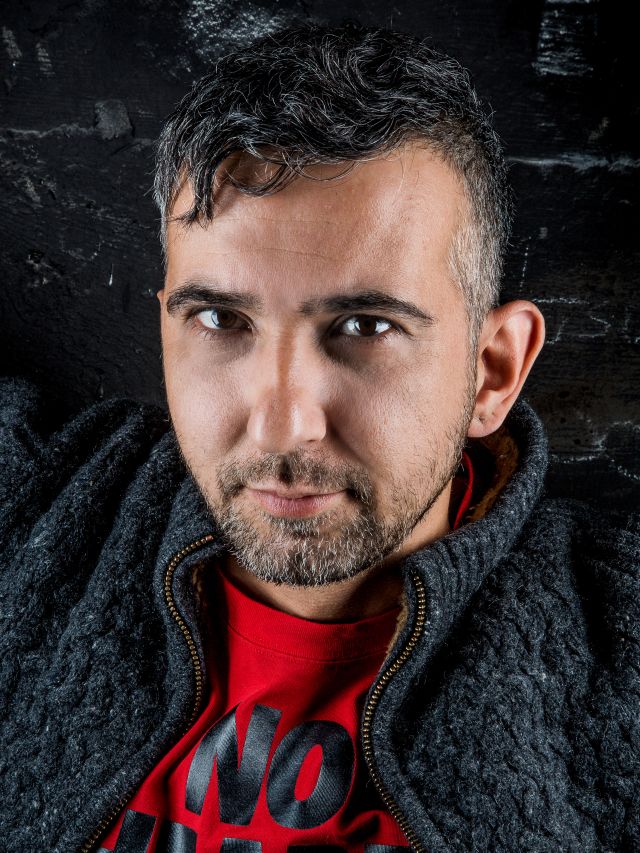Skip to main content
Nurkan Erpulat
Nurkan Erpulat was born in Ankara and studied acting in Izmir then directing at the Ernst Busch Academy of Dramatic Arts in Berlin. His early projects include Jenseits - Bist Du schwul oder Bist Du Türke? (Beyond - Are you Gay or Are you Turkish?) at Berlin's HAU theatres. He then went on to direct, among others, an adaptation of Franz Kafka's The Castle at Berlin's Deutsches Theater and Maxim Gorky's Children of the Sun at Vienna's Volksstheater. His productions and projects – some in the field of youth theatre – have been invited to festivals and guest performances around the world, and have received numerous awards. These include an invitation to the Theatertreffen der Jugend youth theatre festival for his play Clash, produced at Berlin's Deutsches Theater.
Together with Jens Hillje he developed the play Mad Blood, which he then directed at Berlin’s Ballhaus Naunynstraße in 2011. The piece was then invited to the Theatertreffen and Mülheimer Theatertagen festivals and was honoured by the journal Theater heute as play of the year for 2011. That same year Erpulat was also awarded the title of young director of the year by Theater heute. From 2011 to 2013 he was resident director at Düsseldorf's Schauspielhaus.
At the Maxim Gorki Theatre he staged Chekhov's The Cherry Orchard as the opening production for the 2013/2014 season. Since then he has been a resident director at the Gorki. In that time his productions have included Joe Orton's Entertaining Mr. Sloane, Olga Grjasnowa's Die juristische Unschärfe einer Ehe (The Legal Haziness of a Marriage), Love it or leave it!, Jugend ohne Gott as well as Streulicht. In the season 2022/23 he brings Dschinns by Fatma Aydemir to the stage of the Gorki, followed by Hund, Wolf, Schakal by Behzad Karim Khani in season 2023/24. His latest production in the 2024/25 season is Café Populaire Royal by Nora Abdel-Maksoud.
Since the 2019/2020 season he has been a member of the newly founded Artistic Advisory Board, which advises Artistic Director Shermin Langhoff on the artistic direction of the Gorki Theatre.
Photo: Esra Rotthoff

